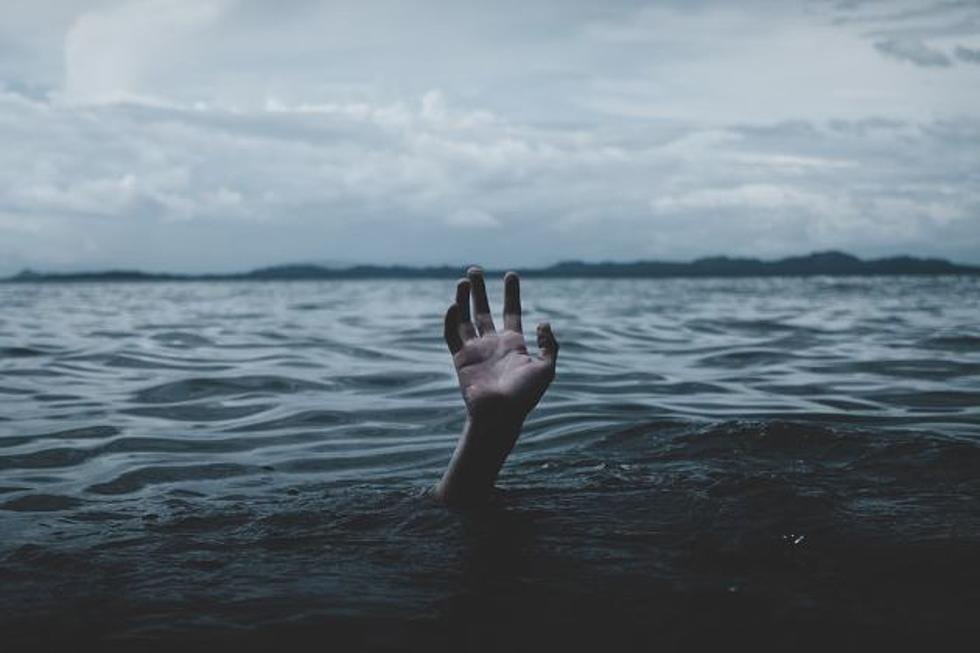
Wyoming Psychiatrist Discusses Depression, Treatment
Depression is probably the most common form of mental illness.
We've all had it at some point. A failed relationship, financial setbacks, the death of a loved one, and countless other unpleasant experiences can send folks into a tailspin. Sometimes there isn't even a clear cause, people just ''don't feel right."
Depression is a part of life.
But that doesn't mean you should ignore it.
Left unchecked it can damage relationships and hurt productivity at work. In a worst-case scenario, it even leads people to take their lives.
Wyoming typically is among the states with the highest suicide rates in the country. Hence, residents of the Cowboy State are certainly no less vulnerable to the effects of depression than anyone else.
With that thought in mind, we sat down with Dr. Martorano of Wyoming Behavioral Institute on the ''Weekend In Wyoming" program last Saturday to talk about depression.
When asked to define clinical depression, Martorano said depression is a sadness that continues for at least two weeks, as opposed to the ups and downs of everyday life. Depression is characterized by feelings of helplessness or worthlessness decreased interest in food, and possibly thoughts of harming yourself. Difficulty concentrating and oftentimes a general sense of guilt are other hallmarks.
While often people will just live through periods of depression with the understanding that "that's life" and that things will get better, Martorano says that in other cases it may be time to reach out for professional help. ''If you are having a major life change, if you don't understand why, it's a good idea to talk to someone early on if it's making you feel bad." He also notes that in some cases, the depression may have caused the traumatic event rather than the other way around. For example, if someone is depressed to the point where they aren't productive at work, it could cause them to lose their job.
But ironically, sometimes depression can follow achievements in life too, according to Martorano. 'You've worked so hard to get somewhere, and then you're there and it didn't fix that inside feeling that you weren't happy with."
But the good news is that depression is also highly treatable. One possible solution, according to Martorano, is cognitive therapy. Antidepressants also are often helpful. Another treatment for depression is called transcranial magnetic stimulation.
You can hear the entire interview with Dr. Martorano in the attached audio file below.
10+ Places in Cheyenne Named After Veterans
Gallery Credit: Phylicia Peterson, Townsquare Media Laramie/Cheyenne
